Postmodernism Unveiled
WITH USTADHA MALEEHA ABDULLAH
Its Implications on Today’s Socio-Cultural Movements
A 6-SESSION SELF-PACED ONLINE COURSE
COURSE OUTLINE & DESCRIPTION
Vaclav Havel says: “We live in the postmodern world, where everything is possible and almost nothing is certain.”
Living in a highly charged world, we need tools to navigate the trends we see around us – trends such as narrative culture, feminism, changes in our understanding of identity and a push back against authority. The common thread that runs through all these phenomena is postmodernism, a philosophy that has unconsciously affected us as Muslims living in today’s world. In this self-paced 6-part series, we will explore postmodernism through case studies, and develop an Islamic worldview that allows us to stand tall and address these ideas with confidence.
Some of the trends that will be addressed are as follows:
- The internet and narrative culture: We are surrounded by opinions and perspectives en masse, all of which are valid and should be accepted. How do we navigate the world of narratives?
- Anti-authority sentiment: Be it parental figures, religion, science or civil government, figures of authority are increasingly being approached with caution or outwardly rejected. How do we approach this?
- Crises of identity: Identity has become fluctuating, flexible and indefinite; how should Muslims understand identity and its implications in today’s world?
- Postmodern feminism: Just like identity, ‘woman’ has become undefinable, and the line between man and woman has become blurred. Is there any guidance from the Qur’an that can help us to navigate this?
- Our moral compass: We no longer live in a world where good and bad is clear. What is right and wrong is all relative, depending on the time and place in which one lives. In this arena, how do we build a moral code to live our lives as Muslims?
- Personal interpretations of the Qur’an: Is there place for tafsir in a world where everyone can access and understand the Qur’an by themselves without a need for expert advice?
Each session will include video recordings, handouts and additional resources, as well quizzes to keep learning on track. This series is for sisters only and should be undertaken in a sisters only environment.
Vaclav Havel says: “We live in the postmodern world, where everything is possible and almost nothing is certain.” Living in a highly charged world, we need tools to navigate the trends we see around us - trends such as narrative culture, feminism, changes in our understanding of identity and a push back against authority. The common thread that runs through all these phenomena is postmodernism, a philosophy that has unconsciously affected us as Muslims living in today’s world.
COURSE STRUCTURE
Session 1 – Postmodernism Unveiled: An introduction
In this first session, sisters will be introduced to the course and its content, resources and structure, before gaining an insight into the precursor to postmodernism: modernism.
Session 2 – Postmodernism as a movement
This key session explores postmodernism and its central ideas, exploring its development so that sisters are equipped to analyse 6 case studies in subsequent sessions.
Session 3 – Case studies of popular culture (I)
This session is the first of 4 sessions in which two case studies are analyzed:
1. The internet and narrative culture.
2. Anti-establishment and anti-authority sentiment.
Session 4 – Case studies of popular culture (II)
In this session, two more case studies are analysed, as we try to understand how these postmodern phenomena emerged and how they can be addressed as Muslims: }
1. A major identity crisis.
2. Postmodern feminism,
Session 5 – What has happened to our moral compass?
This session explores morality as a case study, looking at whether we can gain an understanding of what is right and wrong in the postmodern world.
Session 6: Tafsir or personal interpretation?
In this final session, one more case study is explored, looking at the Qur’an from a hermeneutical lens.
FINANCIAL CONSTRAINTS
Please contact [email protected] for financial assistance. Payment plans are available for those who wish to pay over the span of a few months.
